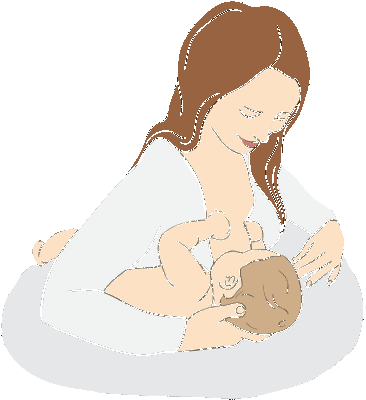Women’s cardiovascular health is a critical topic that deserves attention. Historically, heart disease has been predominantly associated with men. However, recent studies have shown that it is the leading cause of death among women in many countries. With this alarming fact in mind, it is essential to shed light on women’s unique cardiovascular health concerns and educate women about the importance of prevention, early detection, and proper treatment.
Understanding Women’s Heart Health
Women’s cardiovascular health differs from men due to several factors, including hormonal changes, pregnancy-related complications, and a generally higher level of microvascular disease. It is important to recognize that women’s symptoms of heart disease can manifest differently than those commonly associated with men, leading to misdiagnosis or delayed treatment.
Common Risk Factors for Women’s Cardiovascular Disease
Smoking High blood pressure High cholesterol levels Diabetes Inactivity and sedentary lifestyle Obesity or being overweight Family history of heart disease Stress Age (post-menopause)
Preventing Heart Disease in Women
Prevention is crucial when it comes to women’s cardiovascular health. By incorporating healthy lifestyle choices and minimizing risk factors, women can significantly reduce their chances of developing heart disease or experiencing complications related to their heart health.
Healthy Lifestyle Habits
Regular physical activity: Engaging in aerobic exercises, such as brisk walking, swimming, or cycling, can help maintain heart health. Healthy diet: A balanced diet that includes fruits, vegetables, whole grains, lean proteins, and healthy fats is essential. Avoid smoking: Smoking significantly increases the risk of heart disease and should be avoided. Maintain a healthy weight: Excess weight puts extra strain on the heart, so it is vital to maintain a healthy weight through a balanced diet and regular exercise. Manage stress: Finding healthy ways to manage stress, such as practicing yoga, meditation, or engaging in hobbies, can positively impact heart health.
Regular Health Check-ups
Regular check-ups are essential for women to assess their cardiovascular health. It enables early detection of any issues and provides an opportunity to discuss risk factors and prevention strategies with healthcare professionals.
Symptoms and Warning Signs
It is crucial for women to be aware of the symptoms and warning signs of heart disease: Chest pain or discomfort Shortness of breath Nausea, dizziness, or lightheadedness Pain or discomfort in the jaw, neck, or upper back Extreme fatigue or exhaustion Swelling in the legs, ankles, feet, or abdomen Irregular heartbeats or palpitations
Seeking Proper Treatment and Care
If any symptoms or warning signs are experienced, it is crucial for women to seek immediate medical attention. Women should not hesitate to discuss their concerns and symptoms with healthcare professionals to receive the appropriate diagnosis, treatment, and care.
The Importance of Awareness and Education
Increasing awareness about women’s cardiovascular health is vital to eliminate misconceptions and ensure that women receive the care they need. Educational programs and campaigns must be developed to emphasize the risks faced by women and provide guidance on prevention, early detection, and treatment options for heart disease.
In Conclusion
Women’s cardiovascular health is a critical topic that requires attention worldwide. By understanding the unique risks, adopting healthy lifestyle habits, seeking regular health check-ups, recognizing symptoms and warning signs, and seeking timely medical care, women can take control of their cardiovascular health and reduce the risk of heart disease. Together, we can empower women with the knowledge and resources necessary to maintain a healthy heart and live vibrant lives.









